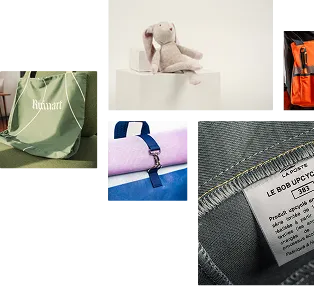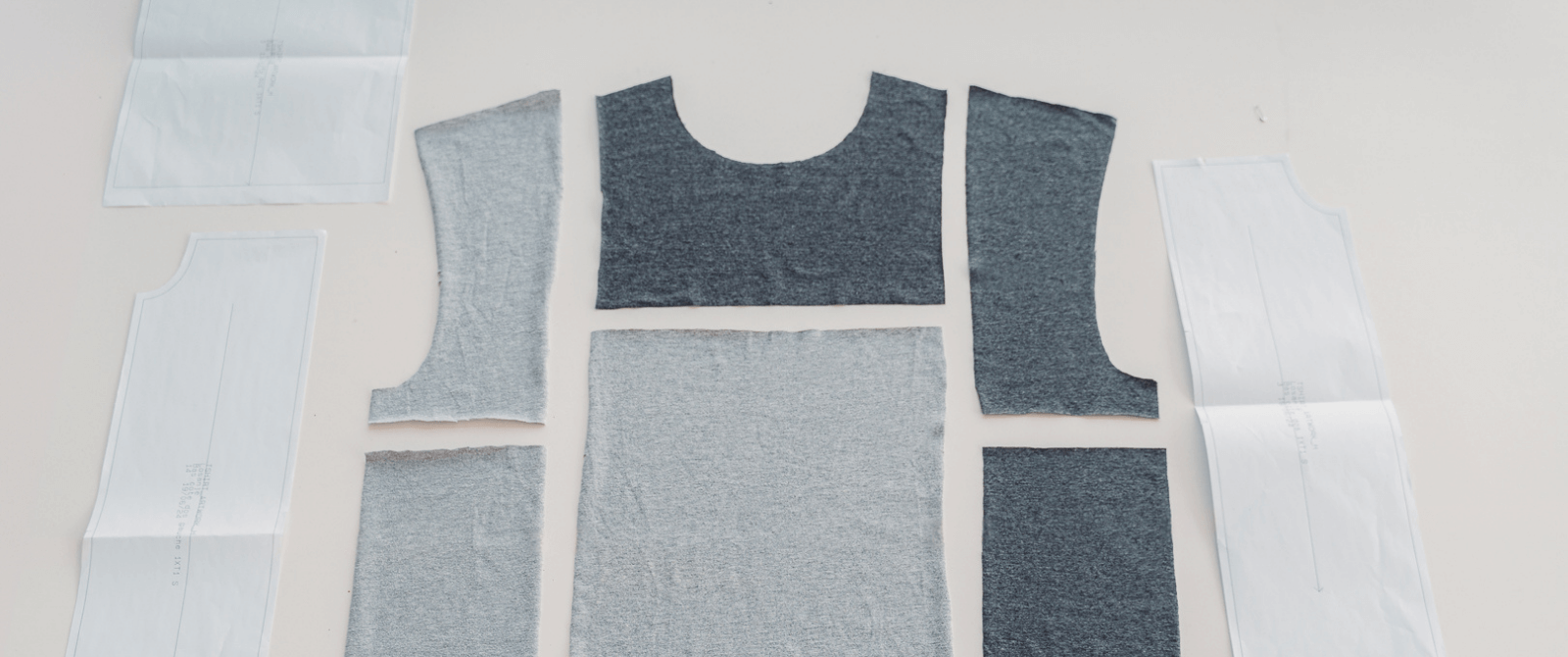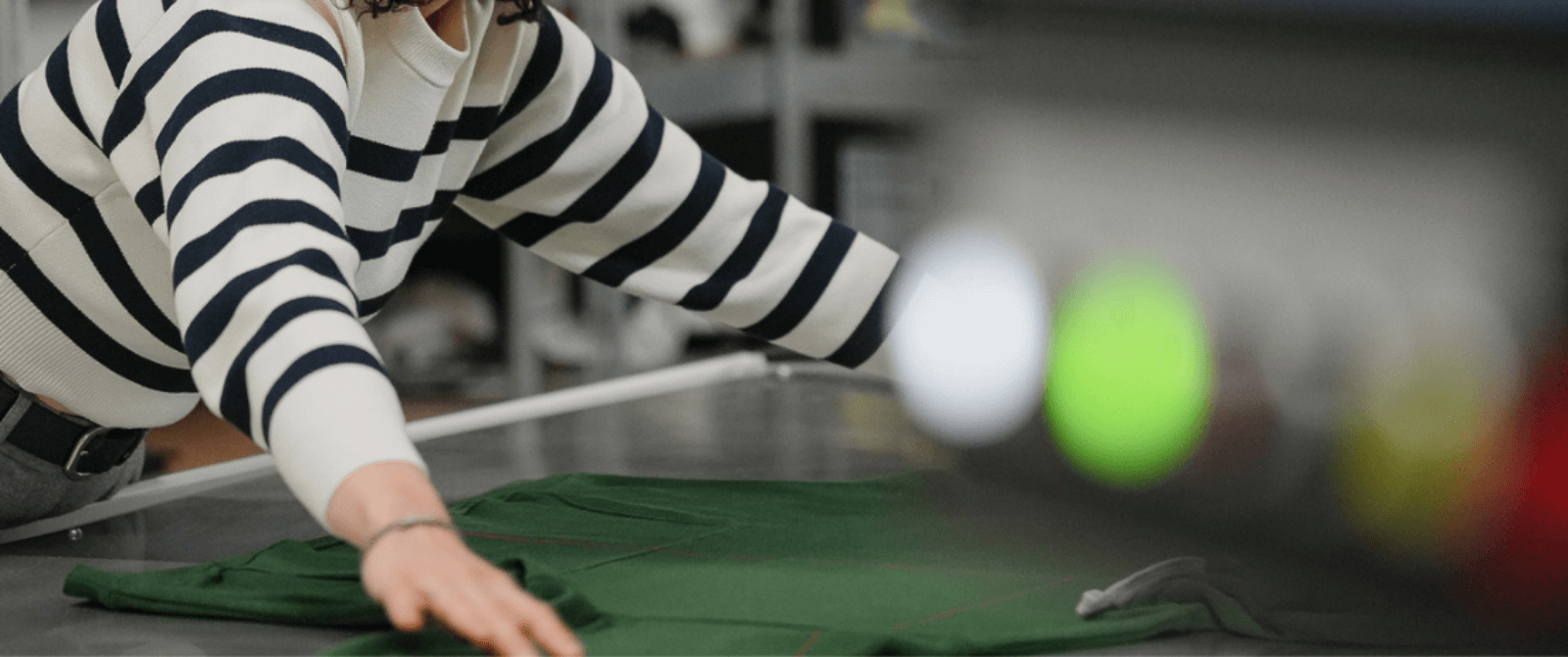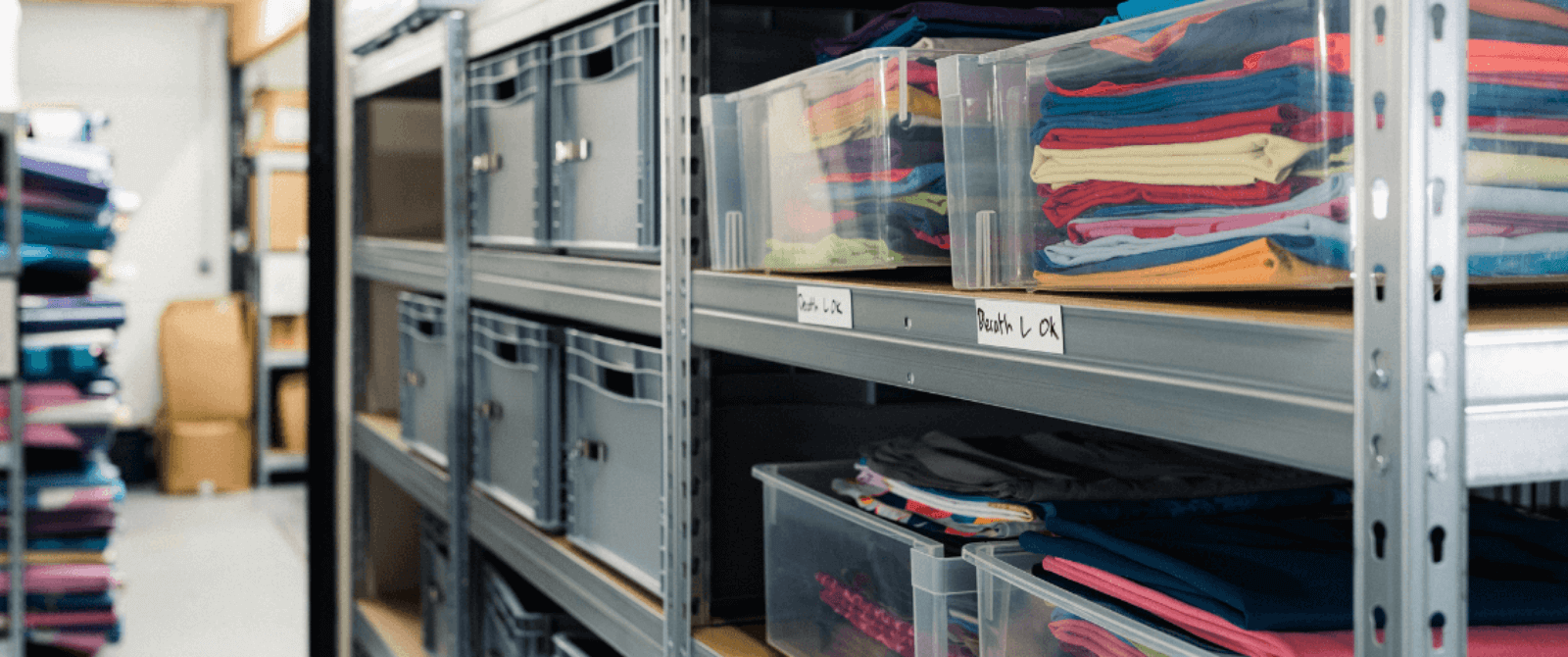7 misconceptions about textile upcycling (and why it's time to overcome them)
Industrial upcycling is much more than a fad. We take apart 7 persistent clichés to understand its true potential.
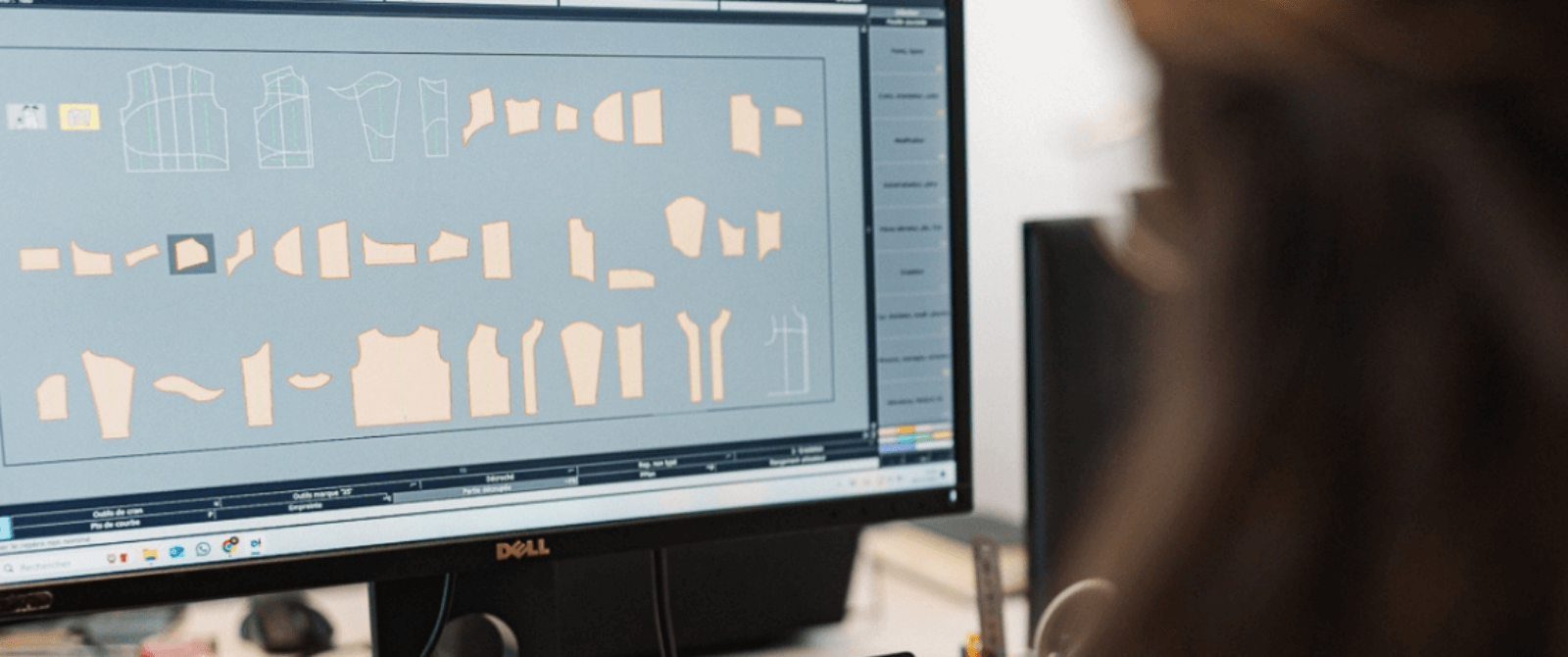
your
textile products with us?
Textile upcycling, or overcycling, is still surrounded by many clichés. Too expensive, too traditional, difficult to industrialize? Some companies are still reluctant, despite developments in the sector. Yetindustrial upcycling is emerging as a powerful solution for circular fashion, in line with regulatory requirements, notably the AGEC law.
Here are 7 preconceived ideas to deconstruct in order to better understand whatupcycling really allows.
Myth No. 1: "Upcycling is all about unique, ultra-original pieces".
We often associate upcycling with highly visual artistic creations: colorful patchworks, fabric blends, bold designs... This aesthetic originated with the first brands of committed designers.
Butprofessional textile upcycling goes far beyond this. It also makes it possible to produce sober, elegant and timeless pieces in series. At Losanje, we've designed a number of references using upcycled materials, combining aesthetics and simplicity.
Myth n°2: "Upcycling is only about fashion".
While fashion accounts for most of the world's textile demand, upcycling is not limited to it. Numerous sectors can add value to their textile waste:
- Public authorities: tarpaulins, uniforms, public equipment
- Industry: workwear, technical textilesproduction surplus
- Retail: uniforms, merchandising accessories
- Events: kakemonos, goodies, costumes
- Sports: obsolete jerseys, technical equipment, merchandising
Upcycling is a concrete solution for recycling unsold textiles and dormant stocksfor all types of players.
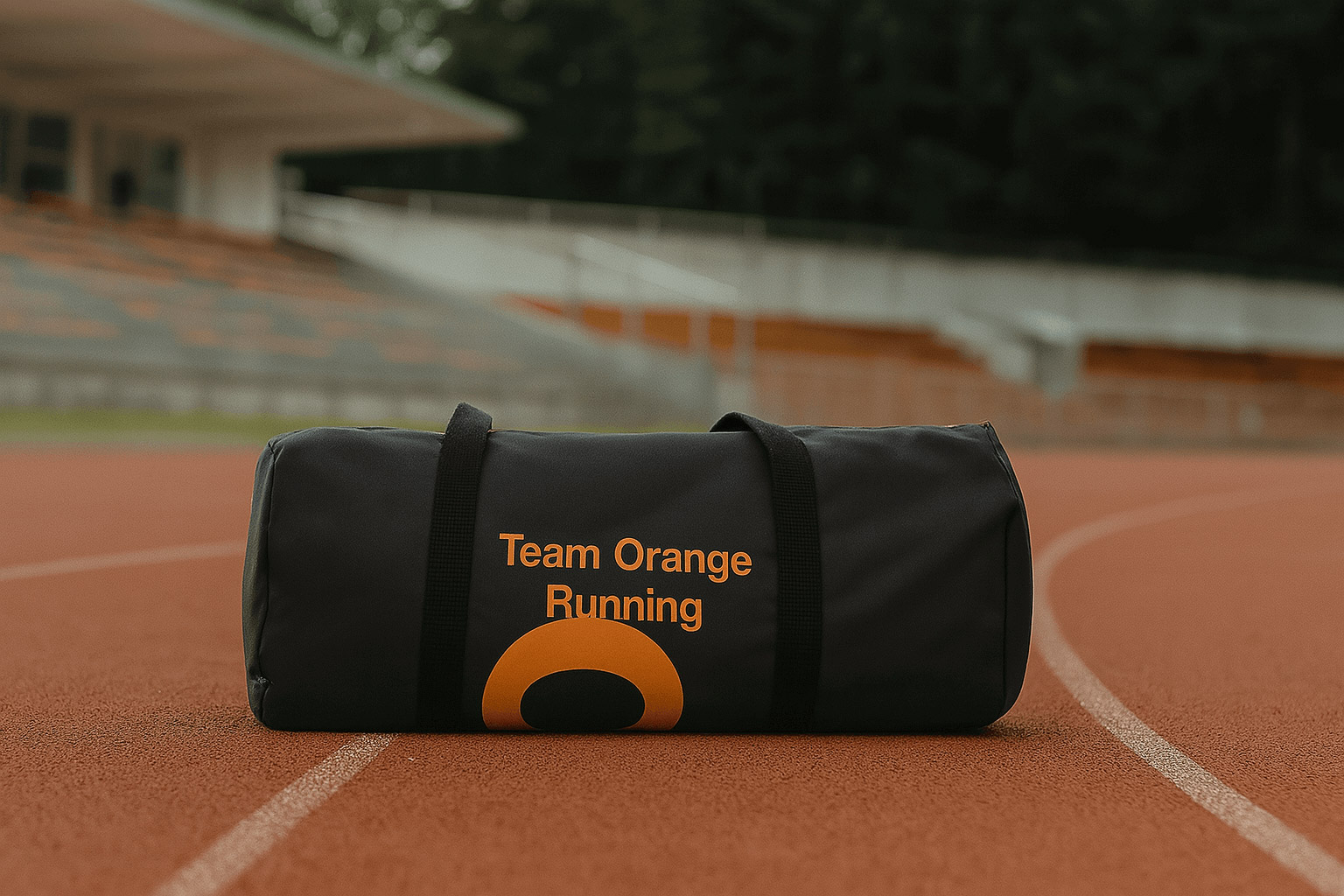
Myth no. 3: "Upcycling is all about DIY craftsmanship".
Historically a cottage industry, overcycling has become more professional. Today , industrialindustrial upcycling relies on technological tools such as automatic textile cutting machines, enabling mass production.
At Losanje, we have developed a standardized production process capable of handling large volumes, while guaranteeing traceability and industrial quality.
Myth #4: "Upcycled products are inferior".
False: a recycled textile product can be just as strong, attractive and standardized as a new one. Our workshops ensure strict quality control, meticulous manufacturing and professional finishing.
The brands that place their trust in us have the same requirements as in traditional textile production.
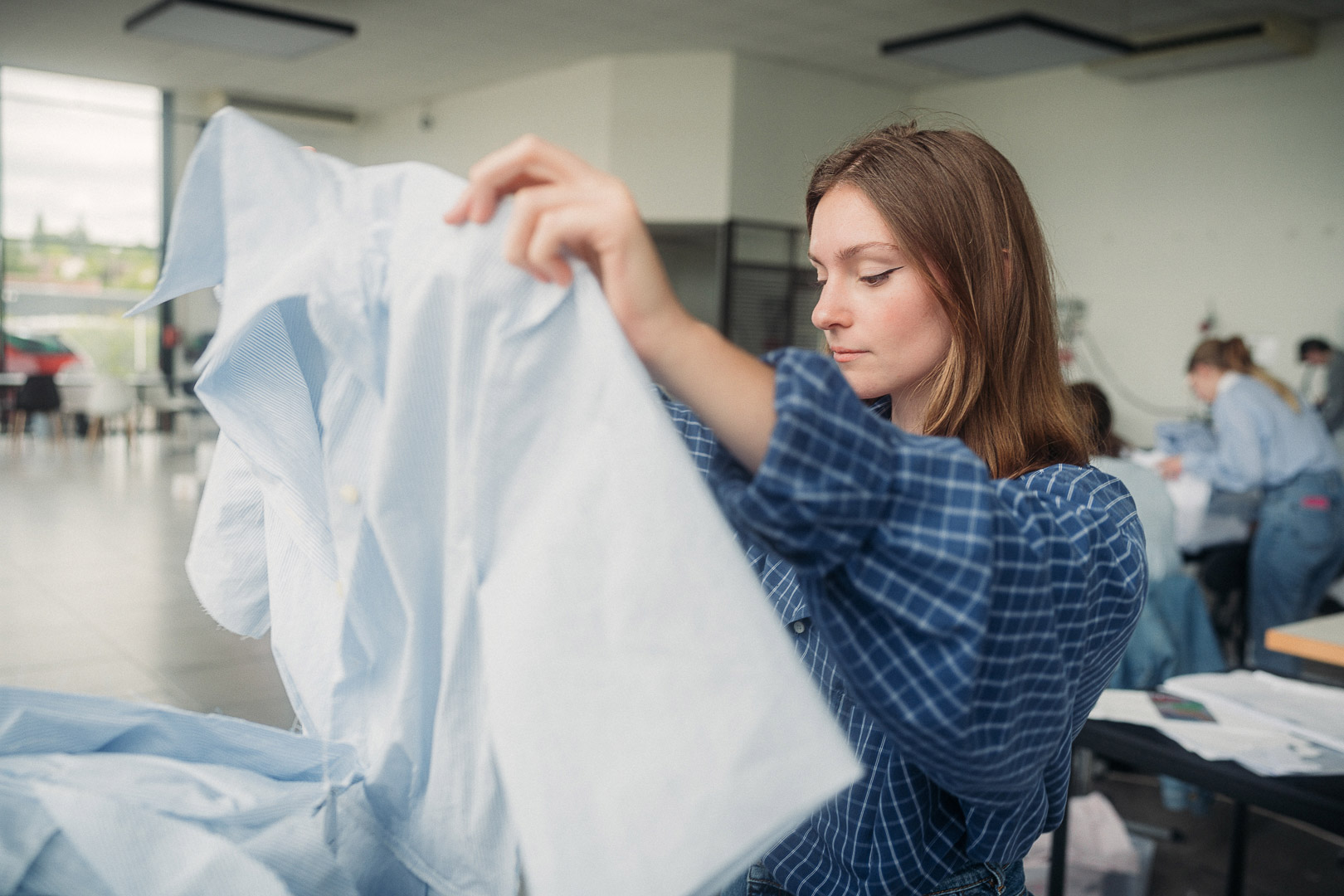
Myth n°5: "Upcycling costs more than a new product".
Thanks to theindustrialization of upcycling, this model is now competitive:
- The use of secondary raw materials (surpluses, offcuts, unsold items) cuts costs compared with the purchase of new materials.
- Mechanization of key stagesoptimizes textile production and reduces labor costs.
The result: products at controlled prices, while reducing environmental impact.
Myth no. 6: "Upcycling is a passing trend".
On the contrary, thecircular economy is emerging as a structural response to the excesses of the linear model. Textile waste, material shortages and regulatory pressure(environmental labelling, bans on the destruction of unsold goods, compulsory textile labelling) make upcycling essential.
The AGEC law law and rising consumer expectations are forcing brands to act now.
Myth 7: "Upcycling is just about selling clothes".
Upcycling has several strategic uses:
- Sales: upcycled products marketed (e.g. Losanje x Paris Basketball)
- Internal use: upgrading uniforms for new professional outfits
- Communication: upcycled textile goodies (e.g. Losanje x SNCF)
.jpg)
Textile upcycling: a strategic lever for sustainable production
At a time when industry is having to reinvent itself, textile upcycling offers a response that is at once ecological, economic and regulatory. Rethinking the end-of-life of textile materials is no longer an option, but an opportunity for responsible innovation.
Ideas, materials,
a project? We'd love to hear from you.
At Losanje, we can help you create responsible textile products, whether you have materials to recycle or not.
You might like
...

